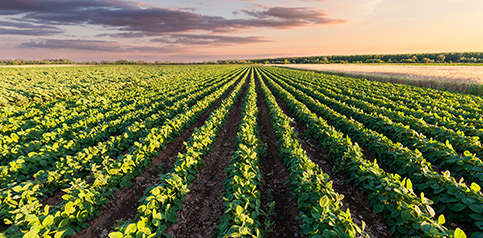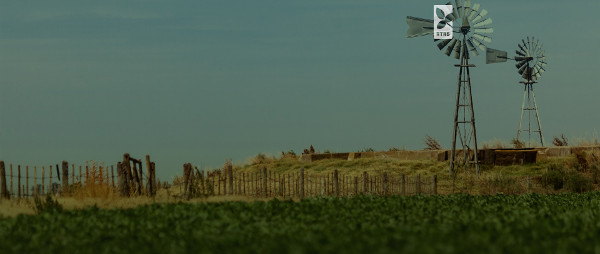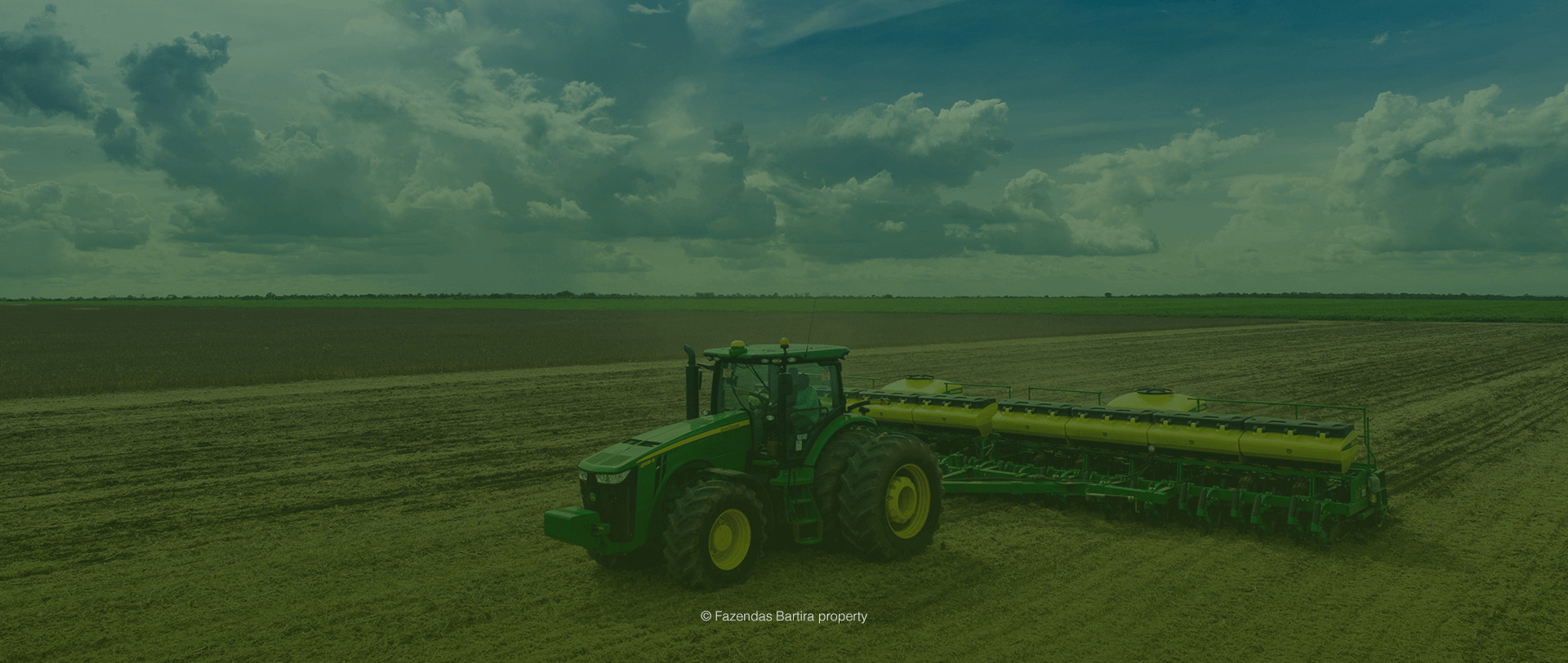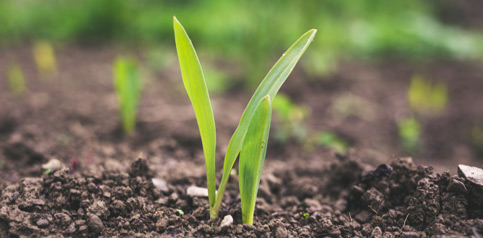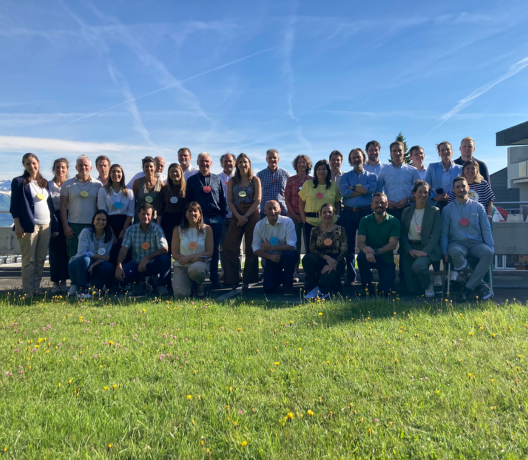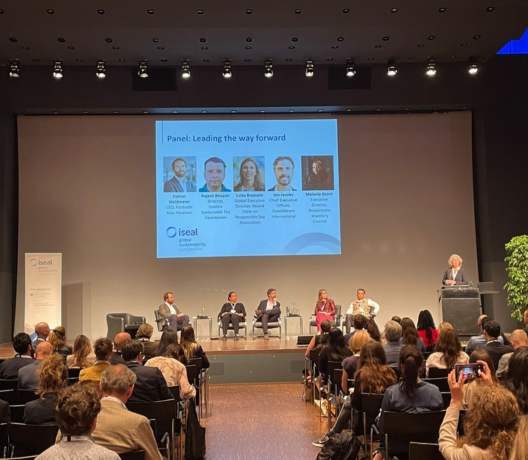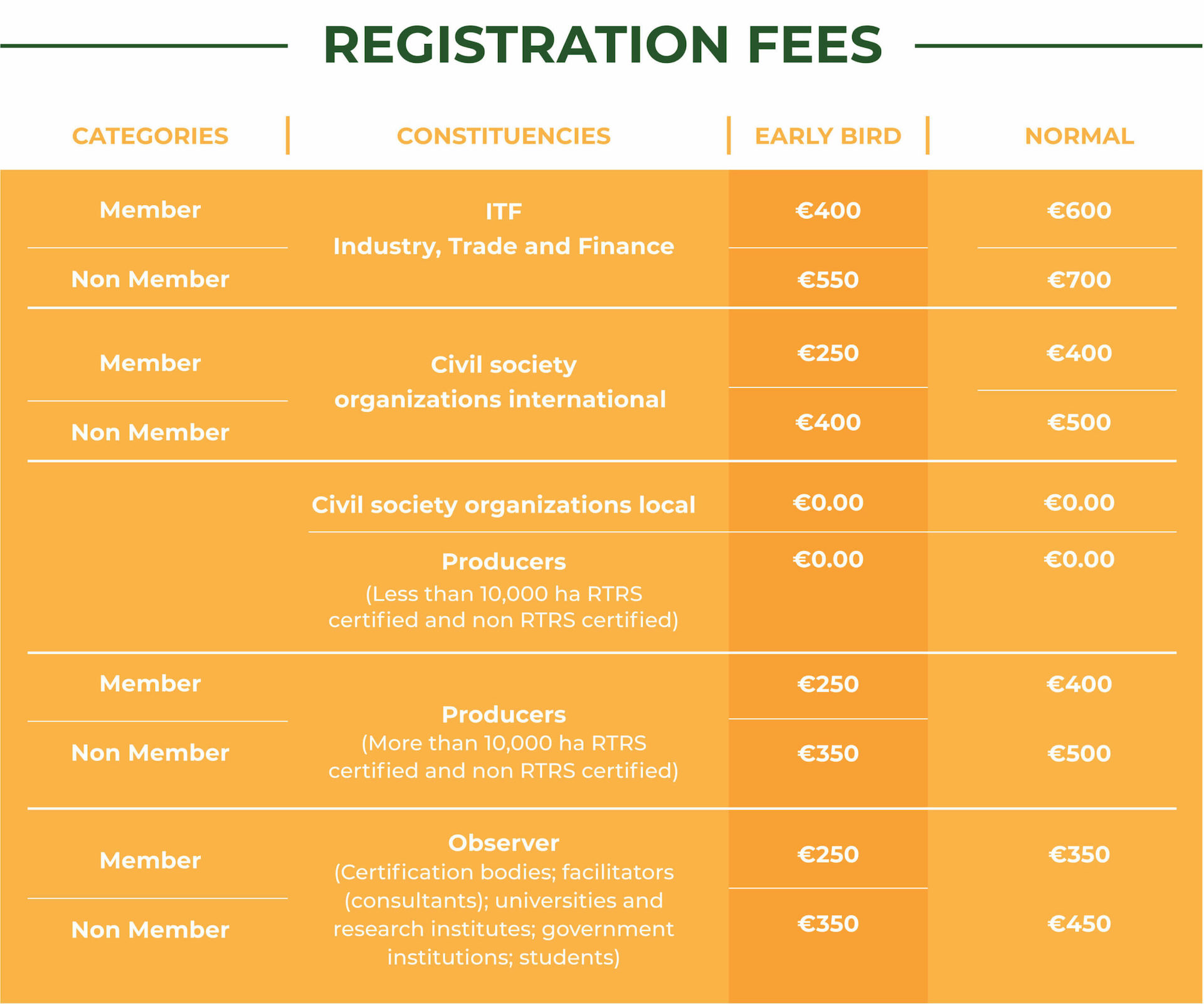Food or human wellbeing?
Large-scale soy production and growth at the global level carry significant environmental, economic and social consequences. From a social perspective, soy production – though it incentivizes and improves local living standards and economic activities – in many cases might also negatively impact labor and human rights.
However, it is possible to mitigate the negative effects and address not just the environmental but also the social impacts of soy production by implementing responsible production practices and sustainable soy value chains.
The RTRS Production Standard guarantees that certified soy is produced with respect for sites that carry special cultural, ecological, economic or religious significance for local communities and indigenous people; it also ensures responsible labor conditions, which means that workers receive equal remuneration for work of equal value, access to training, benefits, etc. Moreover, RTRS-certified soy means responsible relationships with local communities, including not just the channels commonly available for communication and open dialogue on topics related to the farm activities, but also opportunities for growth and employment within local communities.
How can you support the RTRS Zero Means Zero campaign?
- Follow the Round Table on Responsible Soy on Twitter @Responsiblesoy and LinkedIn so you can join the conversation and make it broader.
- Use the hashtag: #ZeroMeansZero
- Visit the RTRS website to find out more about the campaign and why Zero Means Zero is important: responsiblesoy.org
- Download the posts, social media images and videos, and share information with your network: ZeroMeansZero campaign




